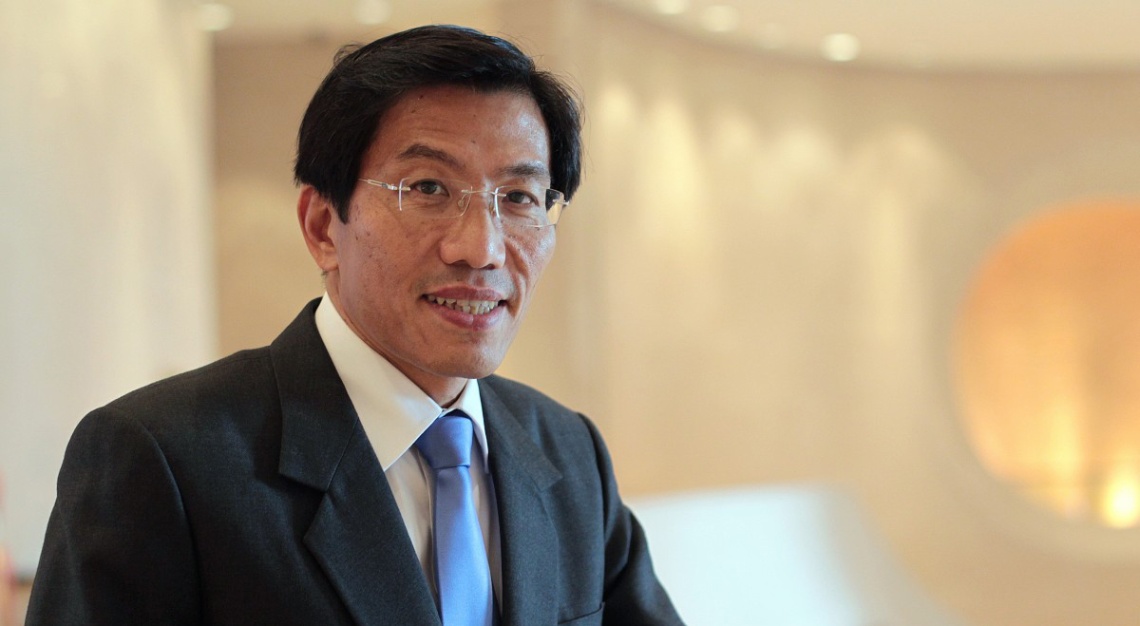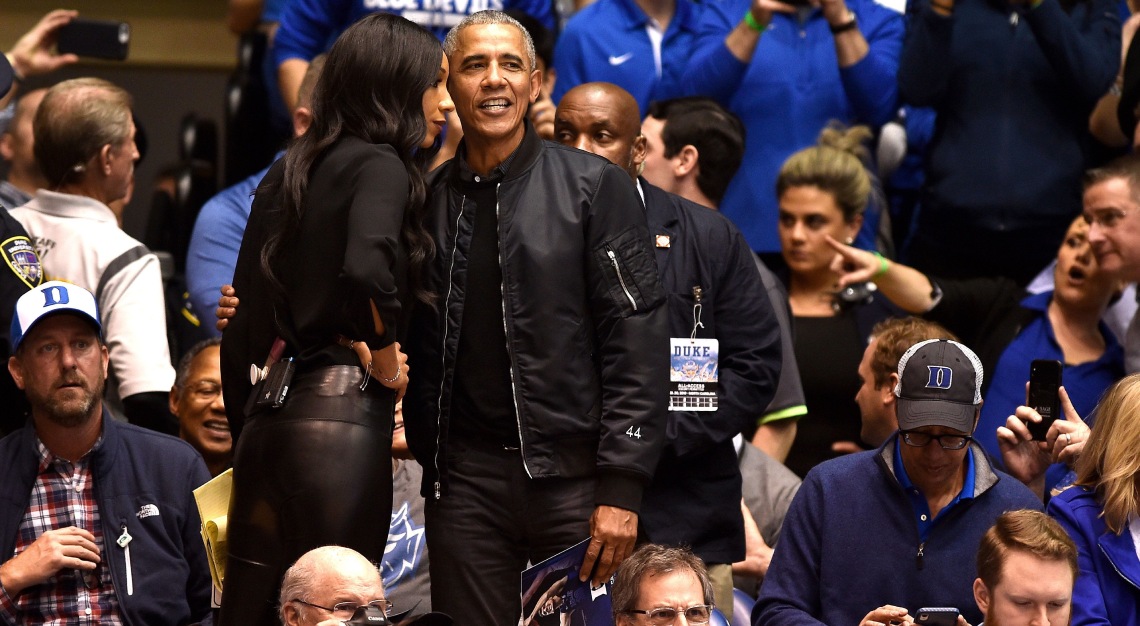Trade wars between the US and China under the Trump administration are threatening to kill multilateral relations in the Asia-Pacific region. So who do we, in Asia, want as the next US president and what are the likely ramifications?
The upcoming US presidential election is going to be an almighty bunfight. It’s already nasty, with personal invective being slung from every corner, and it’s only going to get worse. Elections used to be about ‘winning hearts and minds’, but this one feels very different.
At time of writing, Joe Biden seems to be leading in most polls. As we all know, however, polls are to be believed at one’s peril. Hillary Clinton was a shoo-in to become the 45th president of the United States of America back in 2016, and look how that panned out. But between sitting down to write this piece and completing the article, the gap has narrowed. Nothing Donald J Trump seems to say or do affects his core supporters, and that appears to be close to half of what has become, in the last four years, a deeply fragmented nation.
In 2016, Hillary Clinton came into the election as the most qualified presidential candidate in history. Trump was the least qualified with the fewest credentials, but that didn’t stop him. In fact, nothing stopped him, from the first declaration of his candidacy for the Republican nomination (which everyone was quite pleased about because we thought it would offer some entertainment) all the way through to his appointment to the highest office in the land. It was shock after shock for many of us, accompanied by a sense of disbelief and the feeling that we’d entered an alternate universe. Trump’s political style, however, while anathema to some, has been a breath of fresh air for many others.
But will it be enough this time around, and what will be the ramifications of another four years of an administration led by Trump as far as geopolitics are concerned, particularly in this part of the world?
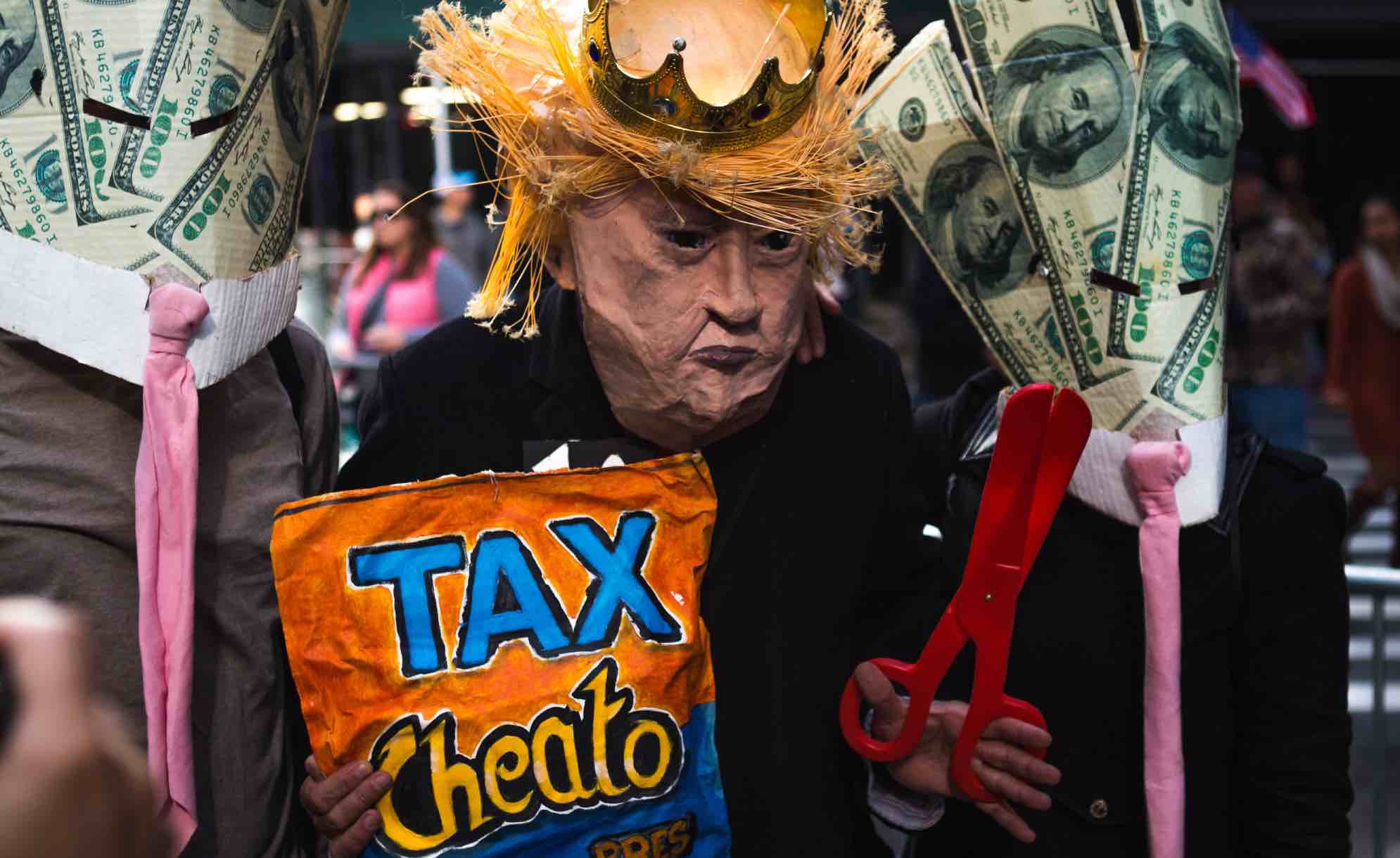
Trump pretty much stamped his mark and sprayed his territory early doors, by taking the US out of the TransPacific Partnership (TPP) on his first day in office. He described the arrangement as “horrible” for the US, and as a self-appointed ‘master of the deal’, his economic advisers were quietened and/or marginalised (‘fired’ would be a more appropriate word).
Trump brooks no argument. The TPP had its detractors (and still does) – it was never perfect, despite being a work in progress since 2006 – but it also has its fans and adherents, with many analysts suggesting that it would have been (and still could be) an effective bulwark against the China hegemon.
Free trade agreements and the lowering of tariffs would be extremely useful in the Asia-Pacific region, and defend the signatories (to a certain extent) against Chinese economic might. The Chinese ‘administration’ has absolute autonomy, despite the putative democracy – or to give it its proper name ‘socialist consultative democracy’ – whatever the hell that means – implying that decisions on making China great again are as unilateral as they need to be.
“We all have good relations with China,” said Singapore’s prime minister Lee Hsien Loong, at a virtual Atlantic Council conference in July, “… but we also have very deep relations with the United States, and want to keep them at the same time…” While noting that US-China relations are possibly at an all-time low, mostly because of the clashes over trade, the COVID-19 virus and even territorial claims, PM Lee has expressed concerns that the situation is unlikely to improve, regardless of who takes up residence in the White House come January 2021. Trump is likely to continue his bluster and keep referring to COVID-19 as “the China virus” while keeping his guns blazing on the trade war front, while Biden openly supports Hong Kong’s negative reaction to the new security law, which is absolutely guaranteed to keep Beijing’s back up.
According to Akshobh Giridharadas, a political analyst and director at the Bower Group Asia in Washington DC, “Biden will definitely push towards multilateralism and more global engagements… continuing to be tough on China, and getting tougher on Russia than Trump has.”
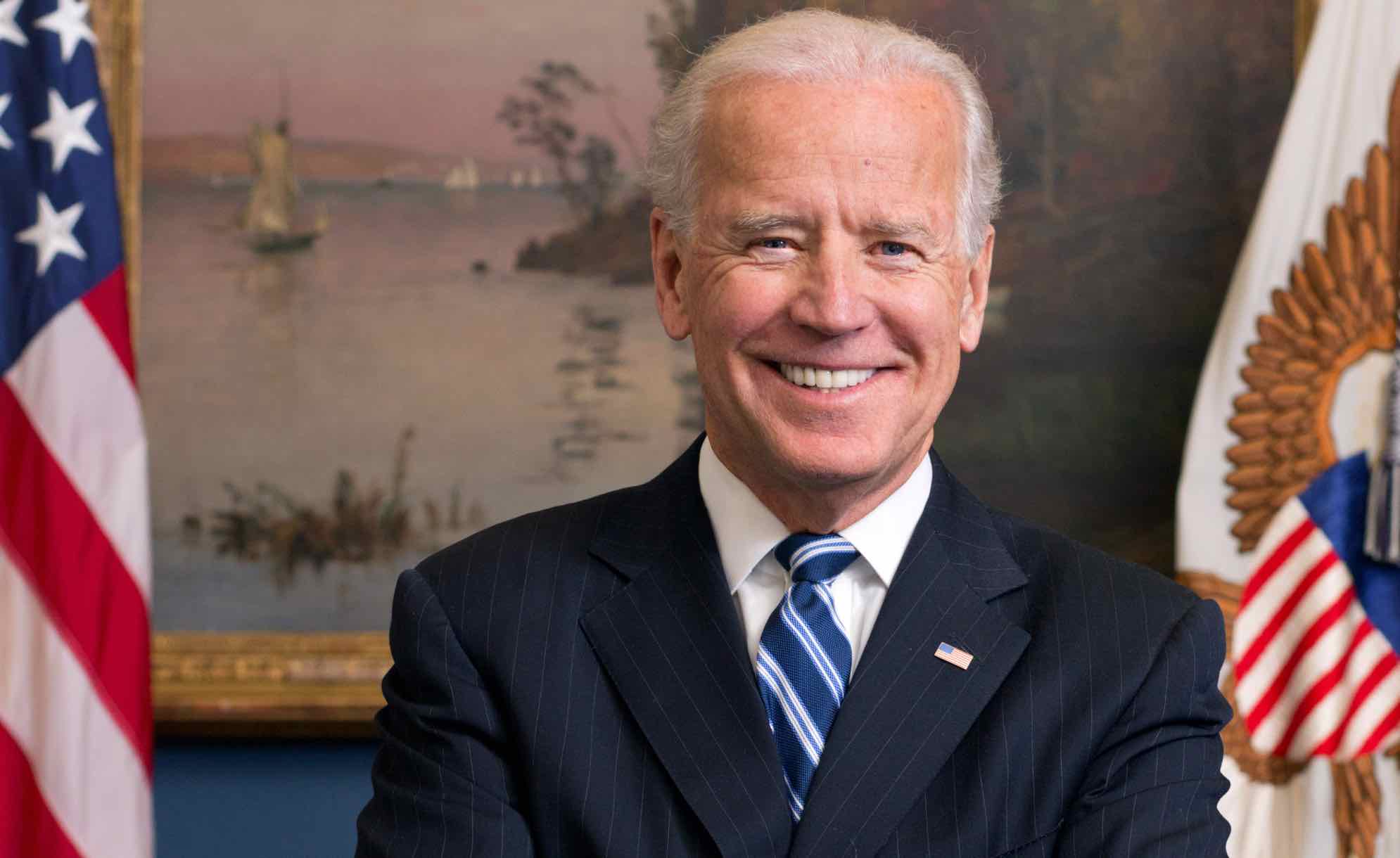
Trump’s America First policy has led to isolationism, with the current US administration cherry picking the deals that Trump seems able to manage from the perspective of a limited imagination, whereas the likelihood is that those who advise Biden will realise that we’re already way too far down the globalisation expressway to change course now.
“Trump has been economically isolationist,” continues Giridharadas, “eschewing multilateralism and being very insular, while Obama was a key ally in US-ASEAN relations.” Biden is much more likely to follow in the footsteps of the man he served as vice president for eight years, and there can be little doubt that the countries in the Asia-Pacific region would benefit from the US’s integrated involvement.
As far as the actual election itself is concerned, the Pew Research Centre in the US has the stats, published on 13 August, on what appear to be the most important factors that voters are considering when casting their ballots in November. And there are no prizes for guessing that the economy is at number one; followed, at some distance, by healthcare.
For Trump supporters, the economy and violent crime are the two biggest issues, while for Biden supporters it’s healthcare and the coronavirus outbreak that dominate their decision-making. Biden fans are also concerned with racial and ethnic inequality – Trump supporters, not so much. It is interesting to note, according to Pew, that the biggest diversion is on climate change with a quite significant 57 percentage points difference between the two sets of supporters. Only 11 per cent of Trump advocates feel that climate change and the environment is a significant issue.
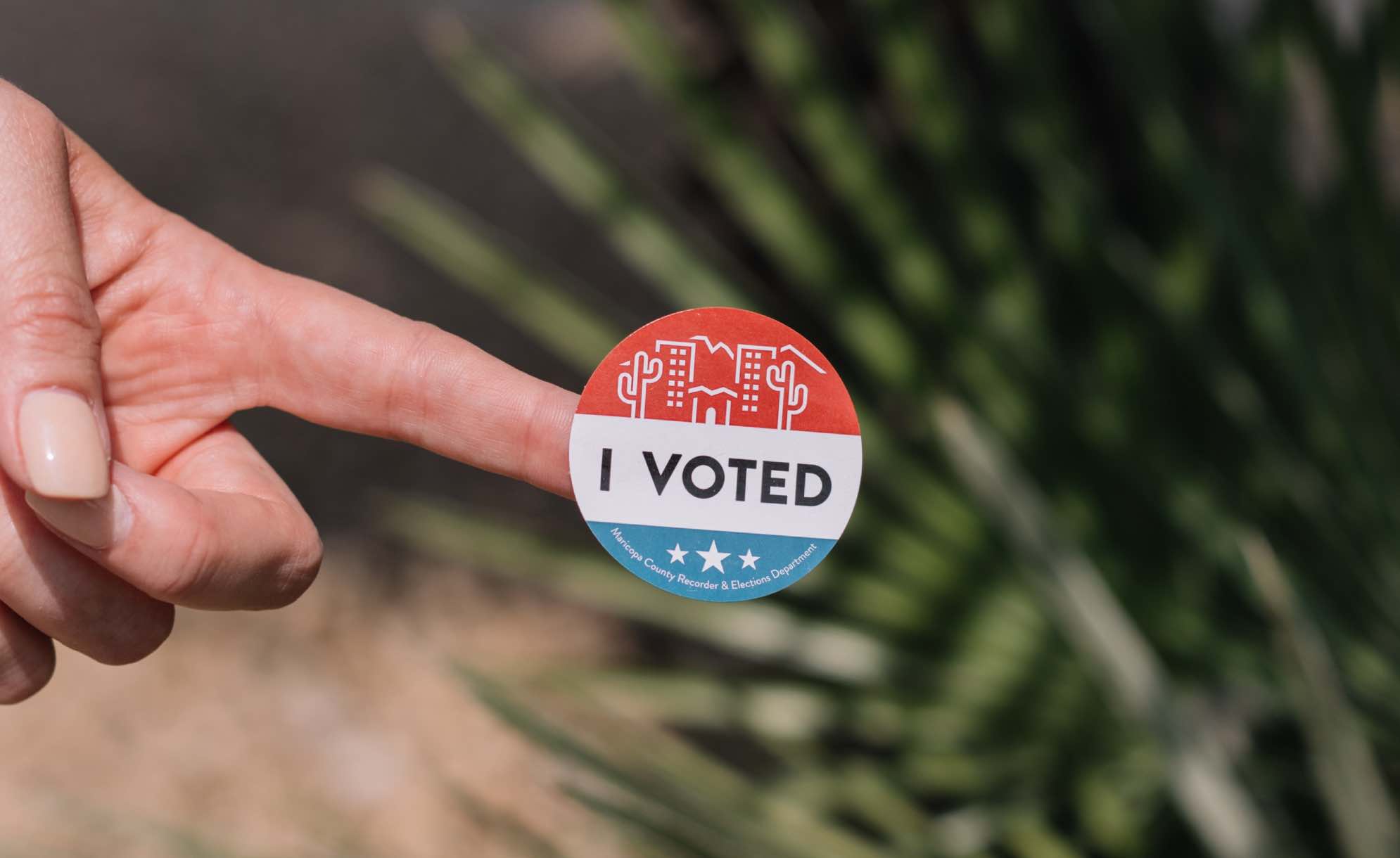
Analysts and political commentators will always suggest that ‘this is the most important election in the history of the country’, and seeing as we’re all pretty much in the here and now, it would be difficult to disagree. For some, the binary choice in November is a bit like being caught between the devil and the deep blue sea, or a rock and a hard place – choose your idiomatic poison. While Trump has been a very ‘different’ president over the last four years and has made the Washington fact checkers some of the busiest people on the planet, Biden is more than prone to the odd gaffe and has had his mental acuity questioned frequently – although mostly by Donald Trump and his acolytes at Fox News.
Biden is a career politician, having spent nearly 50 years in the ‘swamp’ that Trump promised to drain when he was elected in 2016, and while he seems a decent enough guy who’s been through more than his fair share of personal heartache and misfortune, he’s not the most charismatic individual, and most people feel that his platform will amount to nothing much more than a third Obama term in office.
Whether this turns out to be a good thing or a bad thing, the world will have to wait and see, but another four years of Trump will almost certainly have quite a few countries in Asia wondering how the geopolitical landscape in this part of the world will continue to be affected without the US as a significant interventionist force.
This story first appeared in the October 2020 issue, which you may purchase as a hard or digital copy
